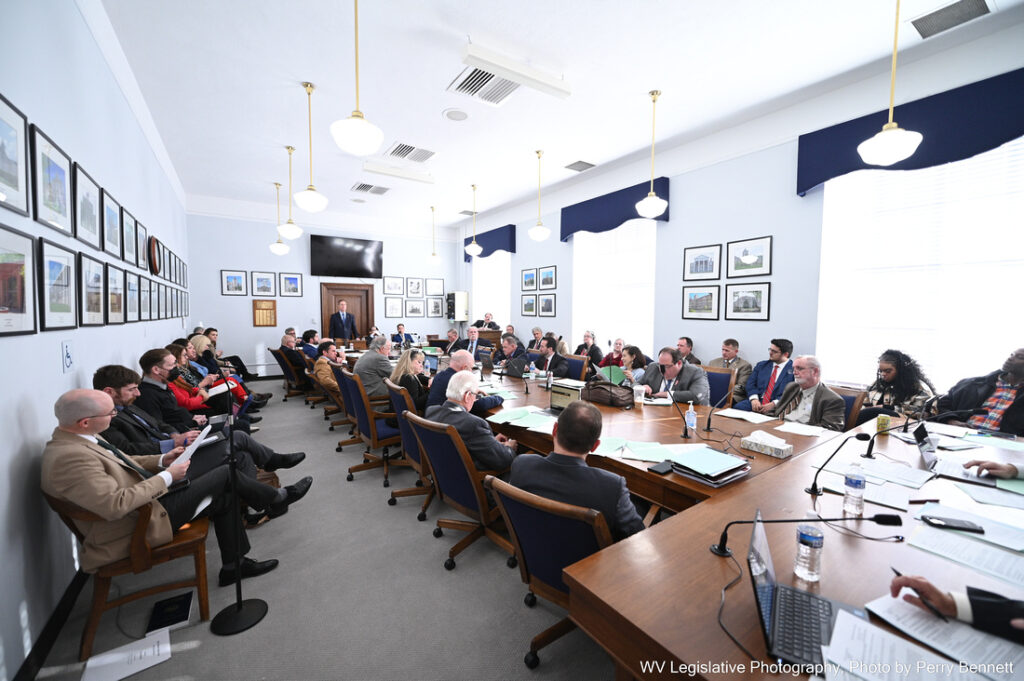People in West Virginia would need to present some form of state-sponsored identification before accessing internet pornography under a bill that advanced Monday in the Republican-dominated state House of Delegates.
Sponsors say the bill, similar to one passed in Virginia last year, is meant to prevent children from accessing harmful explicit material. The proposal passed the House Judiciary Committee with little discussion and will now be considered by the full chamber.
The legislation would require companies with “materials harmful to minors” making up a “substantial portion” — or a little over 33% — of its website offerings to perform ”reasonable age verification methods.”
Material harmful to minors is defined as content that the “average person, applying contemporary community standards, would find, taking the material as a whole and with respect to minors, is designed to appeal to, or is designed to pander to, the prurient interest.”
The bill also provides a detailed list of sexual acts that depiction of would be restricted.
Lead sponsor GOP Del. Geno Chiarelli said the 33% provision is meant to “act as a buffer” for social media websites like X, formerly known as Twitter, that host adult content, but pornography is not the “intent of the website.”
“That protects us from having to go after, you know, requiring social media companies to require the same type of verification that you would of Pornhub or something like that,” he said.
The company would not be allowed to retain any identifying material about users once they prove they’re 18 or older. The proposal would not apply to content published by news organizations.
People would be able to file civil lawsuits against companies that violate the proposed law.




















